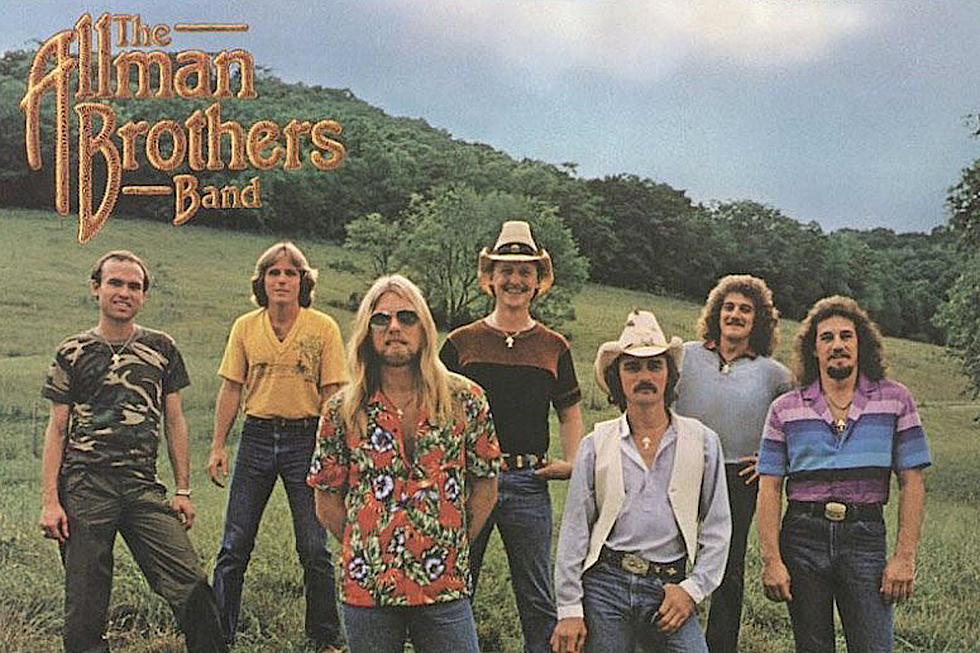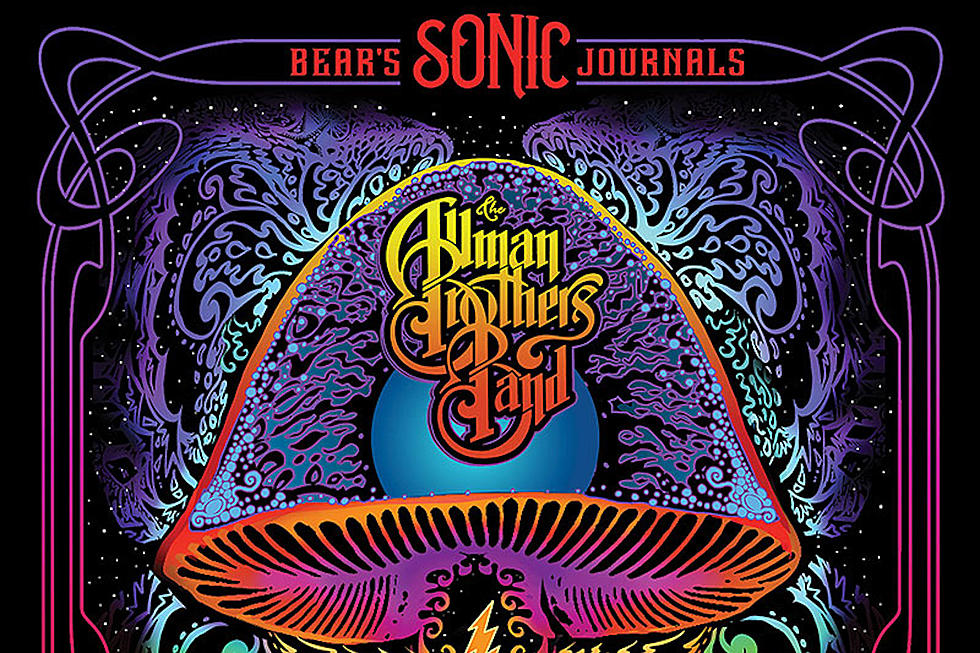
How Scooter Herring’s Arrest Broke Up the Allman Brothers Band
The Allman Brothers Band had triumphed over tremendous personal tragedy to become one of rock's biggest acts, notching a string of Top 10 gold and platinum records by the mid-'70s. And it all came tumbling down on May 28, 1976.
The group's downfall came courtesy of a wide-ranging investigation that started two years before as an effort to uncover police corruption in Georgia. The ultimate target was a local mob boss named J.C. Hawkins, who was suspected of a long list of crimes that included bribing officials and running a drug ring — one that allegedly claimed the Allmans among its biggest clients.
In pursuit of Hawkins, the FBI and DEA honed in on a pair of middlemen: Joey Fuchs, who was suspected of acting as a wholesaler for Hawkins, and John "Scooter" Herring, who worked as Gregg Allman's personal road manager. Investigators believed Fuchs sold Hawkins' drugs to Herring, who supplied them to Allman, and they decided to catch their big fish by hooking some smaller ones first.
After putting together enough evidence to move on the case, police arrested Herring, taking him into custody at the band's label, Capricorn Records. Allman initially attempted to stonewall a request to testify in front of a federal grand jury, at which point the district attorney started playing hardball.
"When I went in the grand jury, it wasn't like a question-and-answer thing. They'd make a statement and they'd say, 'As far as you know, is this what happened?' And they kept reminding me, 'Listen, if you tell any lies, we're going to get you for perjury and give you three to five years,'" Allman told Rolling Stone. "By this time, I was scared out of my wits. I knew I was going to jail."
According to Allman, when he went to Herring and asked him what he should do, Herring essentially told him to take the immunity deal he was being offered in exchange for testimony against his friend.
"Scooter said to me, 'Look, a number of people here are going to go through all this talking bullshit, and the buck is going to have to stop being passed somewhere. It's going to be stopped with me,'" he recalled. "It was either that or go to jail. My lawyer kept assuring me, and they kept assuring Scooter, that before I went in there that they already had enough to send him up. They wouldn't even have had to subpoena me in there, yet they wanted my testimony to lock the case in."
Thus absolved, Allman took the deal — and accepted police protection during his testimony after reportedly receiving death threats that were believed to come from Hawkins and his gang — during a trial that ended in a conviction and 75-year sentence for Herring.
The ordeal also ruptured the Allman Brothers Band, with the other members of the group publicly condemning Gregg's decision to testify against Herring.
"There is no way we can work with Gregg Allman again. Ever," said guitarist Dickey Betts at the time, and for several years, it seemed as though his defiant proclamation might come true. The Allmans splintered, saying goodbye with the wan live LP Wipe the Windows, Check the Oil, Dollar Gas later in the year.
Yet as it turned out, not even a drug trial is enough to extinguish musical brotherhood. Betts started Great Southern; Allman left the South and moved to California, where he found it difficult to establish momentum as a solo artist. A number of other ex-Allman Brothers regrouped as a new band calling itself Sea Level — an act that Herring would later road manage after seeing his conviction reversed in 1978.
But by 1979, the former bandmates had found their way back together again, burying hatchets while talking out their differences over what had happened during the trial — in some cases, for the first time. They reconvened for a new album, Enlightened Rogues, kicking off a second act for the Allman Brothers Band that — although it would come to a far less acrimonious end just a few years later — proved they had a bond that wouldn't be easily broken.
"We feel like it's the first time together," Allman told People on the eve of Enlightened Rogues' release. "We're fresh. We've all come through a lot and learned a lot from it."
Top 25 Southern Rock Albums
Tedeschi Trucks Band Discuss Their Influences
More From KKTX FM










